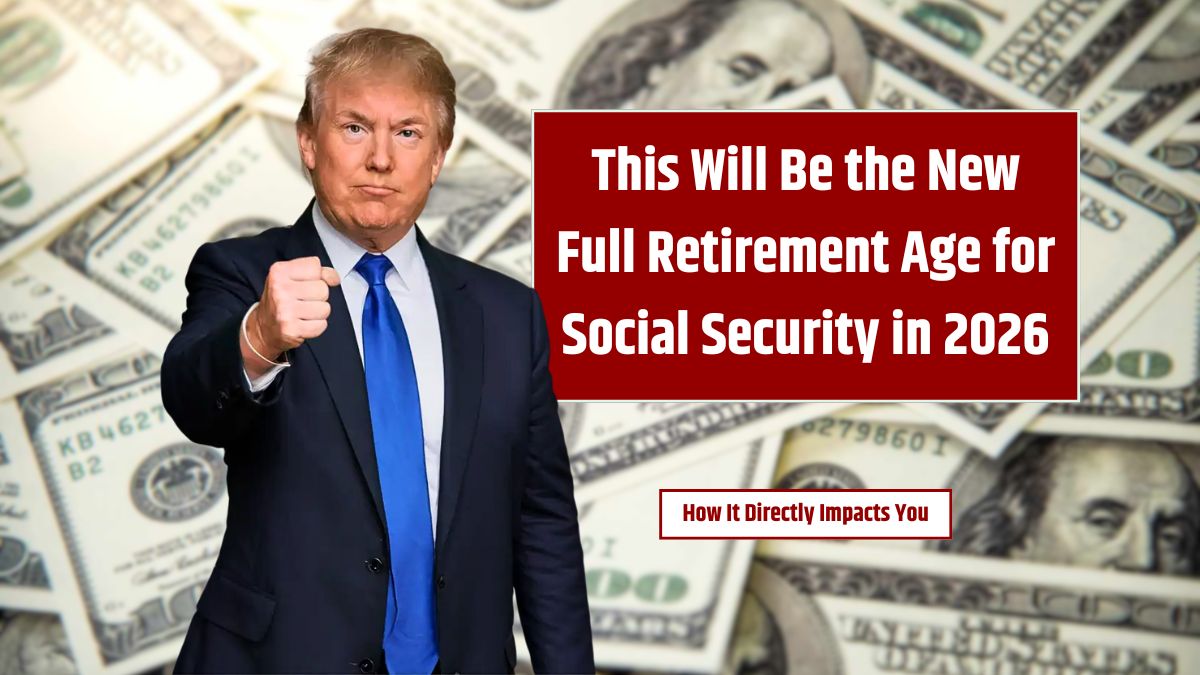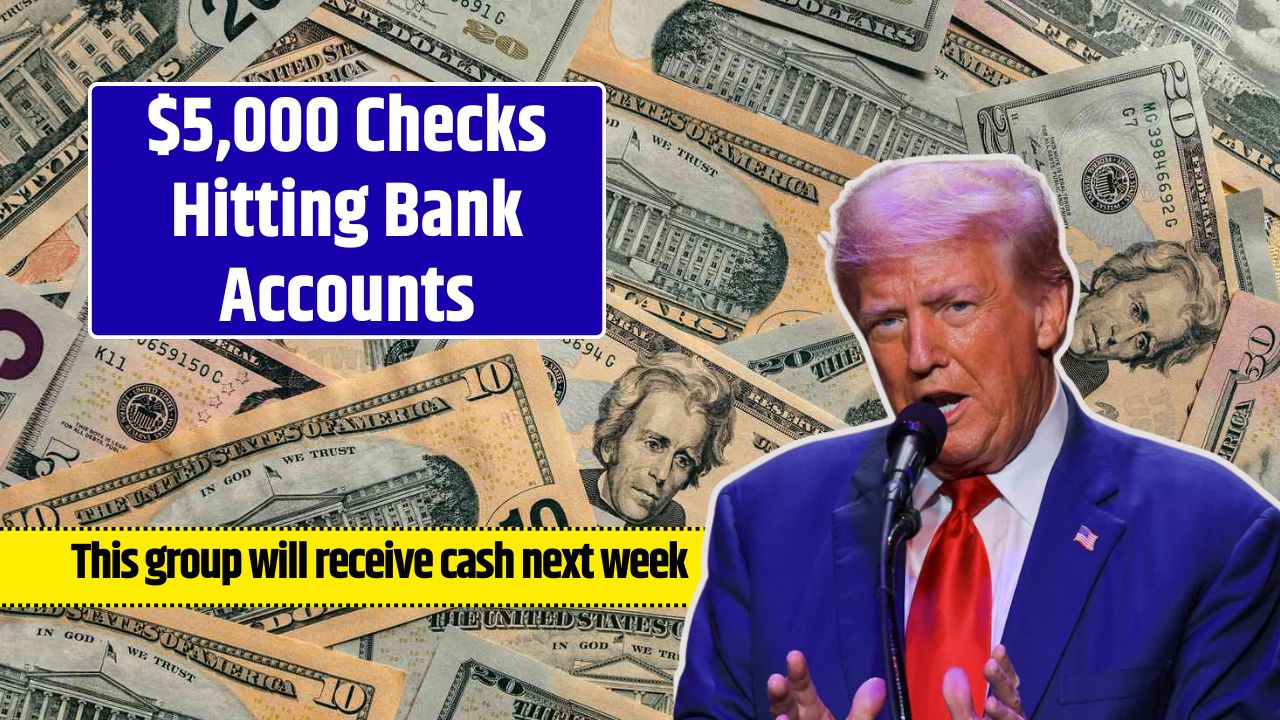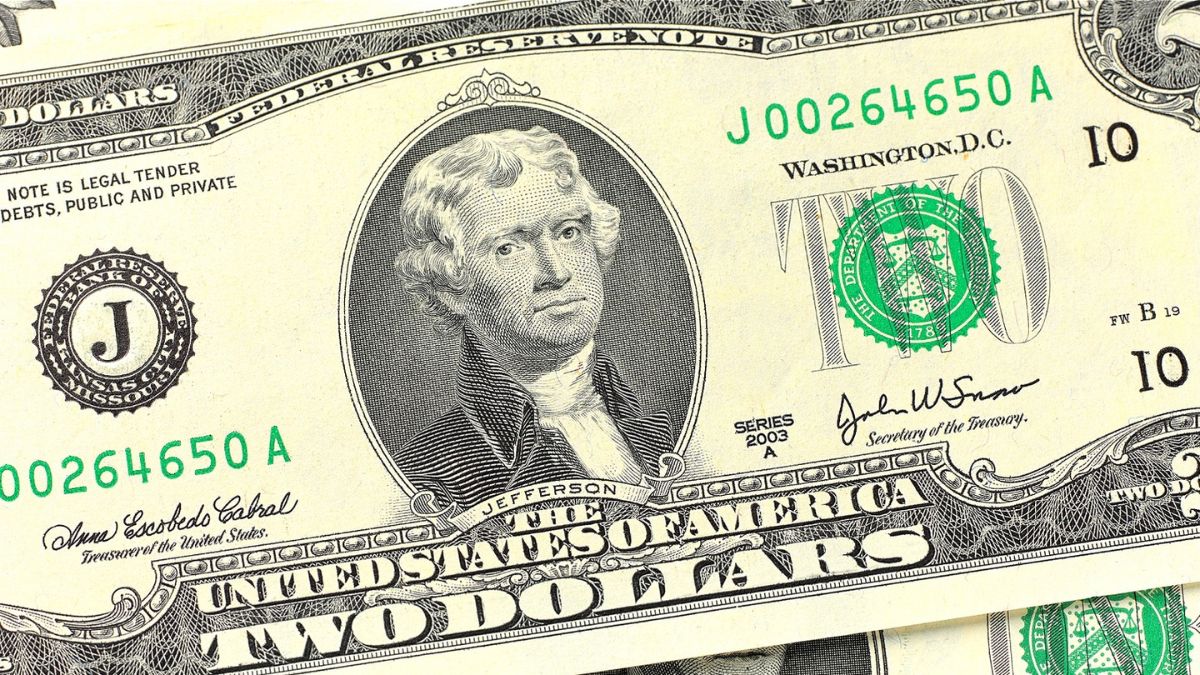With inflation still elevated and financial strain affecting millions across the country, discussions around a fourth stimulus check—this time for $2,000—have returned to center stage in Washington as of June 2025. Although no legislation has been passed yet, the growing economic pressure has renewed momentum behind proposals for direct relief.
Here’s a breakdown of who might qualify, why the issue has resurfaced, how soon payments could arrive if approved, and what other forms of support may be available.
Table of Contents
Who Could Qualify for a Fourth Stimulus Check?
If Congress moves forward with a fourth round of stimulus payments, eligibility criteria would likely mirror previous rounds. Here’s what that could look like:
| Category | Likely Eligible? |
|---|---|
| Individuals earning under $75,000/year | Yes |
| Married couples earning under $150,000/year | Yes |
| Parents or guardians with dependents | Likely to receive additional funds |
| SSI, SSDI, and Social Security recipients | Expected to be included (if passed) |
| Non-filers and low-income households | May qualify through benefit databases |
The IRS would again manage distribution, using tax return data or benefit information to process payments.
Is a Stimulus Check Actually Coming in 2025?
Not yet. As of June 2025:
- No bill has been passed or signed into law.
- Committees in Congress are reviewing multiple proposals.
- The IRS has not issued any official guidance or timeline.
If a stimulus check is approved, payments likely wouldn’t begin until late 2025 or early 2026, depending on legislative progress.
Why the Stimulus Debate Is Back
Several key economic issues have revived talk of a fourth stimulus check:
1. Inflation Remains High
Prices for essentials—like food, housing, transportation, and healthcare—have remained stubbornly elevated in 2025. For many households, paychecks aren’t keeping up.
2. Fixed-Income Vulnerability
Seniors, disabled Americans, and those on SSI, SSDI, or Social Security are particularly affected. Despite recent COLA increases, benefits haven’t matched real-world inflation, prompting advocacy groups to demand direct relief.
3. Slowing Consumer Spending
Retail and small business activity has softened in recent months. Lawmakers see a potential stimulus as a way to boost local economies by putting cash directly into the hands of consumers.
Recap of Past Stimulus Checks
Here’s how previous federal stimulus rounds worked:
| Round | Amount | Based On |
|---|---|---|
| First | $1,200 + $500 per child | 2019/2020 income |
| Second | $600 + $600 per child | 2019/2020 income |
| Third | $1,400 + $1,400 per dependent | 2019/2020 income |
A fourth stimulus, if passed, is expected to offer $2,000 per adult, with additional amounts for children or dependents.
What If a Stimulus Check Isn’t Approved?
If direct checks don’t make it through Congress, other support options could be expanded, including:
- Larger Social Security COLA increases
- Boosts to SNAP (food assistance)
- Rental or housing assistance programs
- Expanded Child Tax Credits
- Utility relief or emergency hardship grants
While not as widely visible as a stimulus check, these programs could offer targeted support to the most vulnerable.
Read Also- $1,312 Stimulus Check Confirmed for June 2025
How to Be Prepared If a Check Is Announced
To make sure you’re ready in case a stimulus is approved:
- File your 2024 tax return, even if you don’t normally file.
- Update direct deposit info with the IRS or Social Security.
- Monitor official sources, like IRS.gov or SSA.gov, for verified updates.
- Avoid scams—no one from the IRS will call or text asking for personal information.
Fact Check: Clearing Up Stimulus Rumors
| Claim | Fact |
|---|---|
| A $2,000 stimulus check is already approved | False. No bill has passed yet. |
| Social Security recipients will be left out | Unlikely. Past checks included them, and current proposals mention them. |
| You need to pay to apply for a check | False. Stimulus payments are automatic based on IRS or SSA data. |
| Non-tax filers won’t get anything | Not true. Many received payments in past rounds through benefit programs. |
What Comes Next?
As economic conditions remain uncertain, lawmakers continue to debate how best to support Americans. Whether through a $2,000 check or alternative relief measures, the goal is the same: help people cope with inflation and rising costs.
If a bill is passed, expect the IRS to lead the rollout, just as they did in previous rounds—and eligible recipients could include individuals, families, and those on fixed income programs like Social Security and SSDI.
FAQs:
Is the fourth stimulus check approved as of June 2025?
No. It’s still under discussion. No official law has been signed.
How much could the next check be?
Current proposals suggest $2,000 per eligible adult, with possible extras for dependents.
Will Social Security and SSI recipients get it?
If passed, yes—they were included in previous rounds and are expected to be this time as well.
Disclaimer: Our coverage of stimulus checks, tax reliefs, tax rebates, tax credits, and other payments is based on the official sources listed in the article. All payment amounts and dates, as well as eligibility requirements, are subject to change by the governing institutions. Always consult the official source we provide to stay up to date and obtain information for your decision-making.






















Hope we do get a check
Can I get the 2.000 check I get social security
I hope they pass the bill too